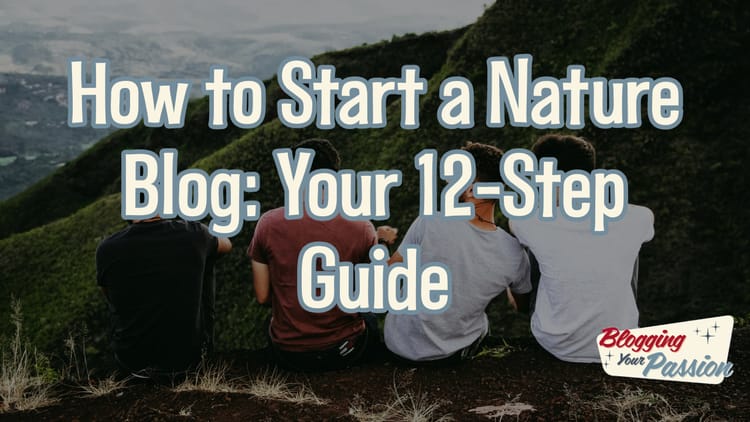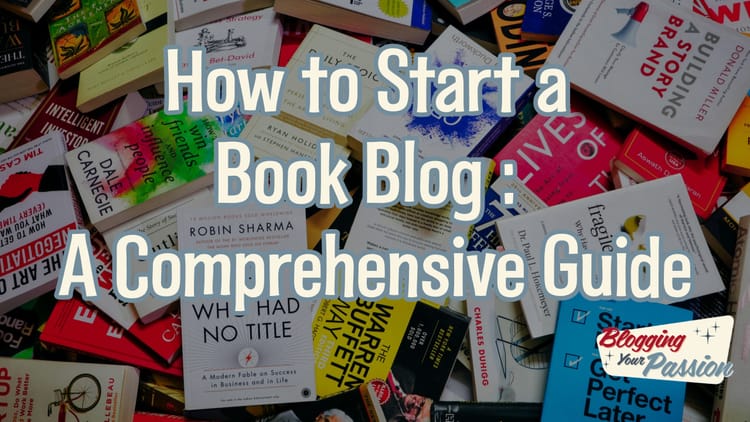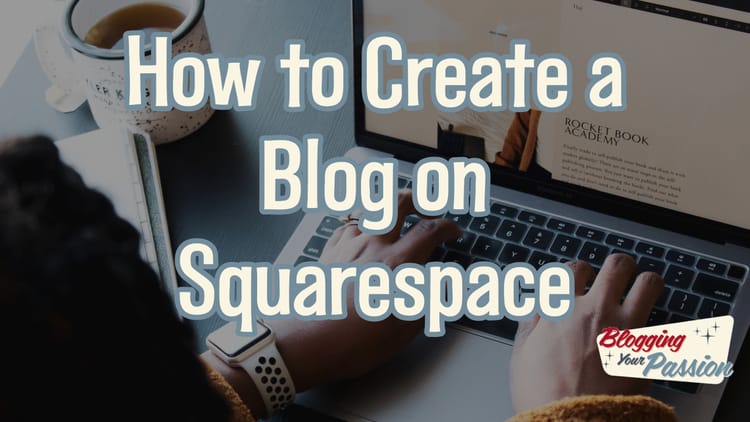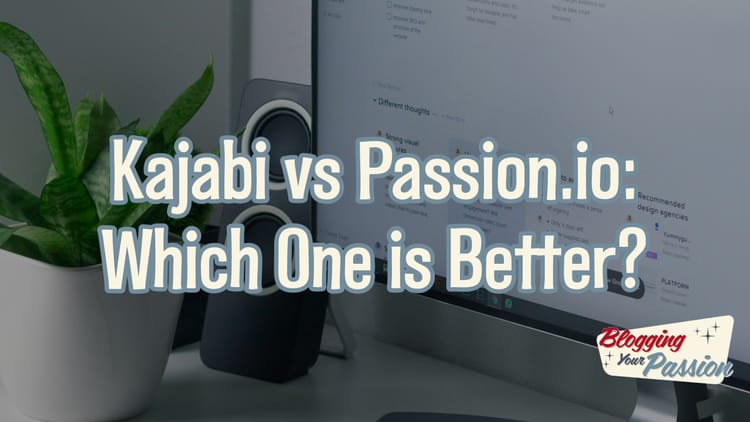Blog vs YouTube: Which One Should You Start First?
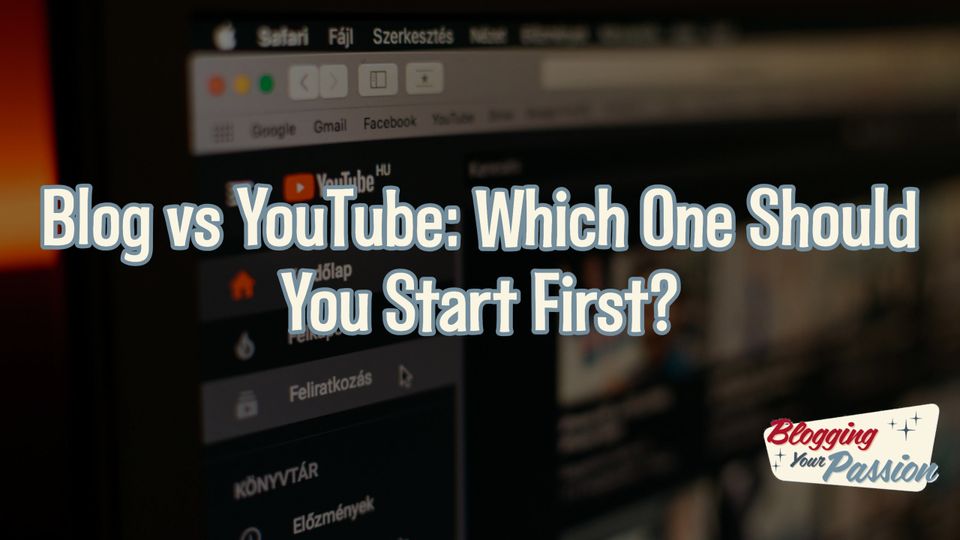
Ready to dominate the digital world?
But can't make your mind up - blog vs YouTube?
Let’s break it down.
Your dilemma is common. It's like standing at a crossroads. Two paths, one choice.
It's tough; we get it.
But there’s good news - your worry ends here.
Welcome to your comprehensive guide.
Blog vs YouTube – a hot debate.
Yet, the answer isn't as complicated as it seems.
Hold on tight. In this article, we'll unravel this mystery. Together.
First stop?
Understanding your choices.
So, let's get rolling!
Table of Contents (click to expand)
- Understanding the Basics: What is Blogging and YouTube?
- Comparing Blogging vs YouTube: Pros & Cons
- 9 Crucial Factors to Consider When Deciding Between Blogging vs YouTube
- FAQs on Blogging or YouTube Channel
- Do YouTube Bloggers Get Paid?
- Do You Make Money with Blogs?
- What is the Difference Between a Vlog and a YouTube Channel?
- Can a YouTube Channel Be a Side Hustle?
- How Much Money Does 1,000 Views Make on Blogger?
- How to Make $10,000 Per Month on YouTube without Making Videos?
- Blogging vs YouTube Channel: Final Thoughts
Understanding the Basics: What is Blogging and YouTube?

Before we delve into the nitty-gritty of blogging vs YouTube, let's establish a clear understanding of the two platforms.
Blogging
A blog is a regularly updated website or web page, typically run by an individual or a small group. It's usually written in an informal or conversational tone. Blogs can range from personal online diaries to sophisticated information resources that support a business.
People start a blog in order to build an audience around a topic or niche.
A blog is attractive because new blog posts are added weekly and sometimes daily. It is an ever-growing website offering advice, how-to articles, and product reviews. When done right, SEO-optimized blog posts can help drive traffic to a blog.
YouTube
Is YouTube a blog? If not, how is it different?
YouTube is an online video-sharing platform that allows users to watch, like, comment, share, and upload their videos. It's a great way to showcase your content to a wide audience and generate a passive income through ad revenue.
YouTube also provides powerful analytics tools to track your progress and make changes as needed.
Comparing Blogging vs YouTube: Pros & Cons

Now that you have a better idea of blogging and YouTube let's compare the two platforms. Both offer unique advantages but also come with certain drawbacks.
Pros of Blogging: Blogging is great for creating detailed content easily shared across multiple channels and indexed by search engines like Google. Furthermore, it offers the potential for long-term growth through organic traffic.
Blogs are highly customizable and can be monetized through affiliate marketing or advertisements.
Pros of YouTube: YouTube is ideal for creating visual content, such as tutorials or vlogs. It has huge reach potential due to its popularity among users worldwide, making it easier for you to grow your audience quickly.
YouTube offers several monetization options, such as ads or sponsorships, which can help you generate income faster than blogging.
Cons of Blogging: Despite the many benefits of blogging, it also has its downsides. Creating high-quality content regularly requires a substantial time investment, and it may take a while before your blog gains traction and starts generating traffic.
Managing and maintaining a blog also requires certain technical knowledge. Additionally, the abundant number of blogs available on the internet might make it more challenging to stand out and gain visibility in a sea of content.
Cons of YouTube: Starting a YouTube channel comes with its own set of challenges. Firstly, good video production is time-consuming and costly if you invest in equipment or editing software. Successful YouTubers often deal with substantial pressure to consistently deliver high-quality videos.
Competition on YouTube is fierce, and the platform's algorithm can sometimes make it difficult for new creators to find visibility.
It's important to use a tool like TubeBuddy to help you find the easy to rank for YouTube keywords.
Lastly, because your content resides on YouTube's platform, you have less control, and your content can be affected by any changes in their policies.
Now that we've defined both, it's time to evaluate the factors influencing your decision to start a blog or a YouTube channel.
9 Crucial Factors to Consider When Deciding Between Blogging vs YouTube

1. Your Comfort Level with Being on Camera
Comfort level with the camera is critical when choosing between blogging and YouTube. Some people are natural performers and feel at ease in front of the camera. Others may experience anxiety or discomfort when recording videos.
If you love writing and prefer staying behind the scenes, blogging might be a better fit for you. On the other hand, starting a YouTube channel could be your best move if you're comfortable speaking on camera and enjoy the interactive nature of video content.
2. Your Working Environment
Your environmental conditions can significantly affect your ability to produce quality content for YouTube. A noisy environment or a space with poor lighting can hamper your video quality, which could, in turn, affect viewer engagement.
On the contrary, blogging requires minimal environmental constraints. You only need a quiet place to concentrate and write on your laptop.
3. Your Current Skills
Your existing skill set can significantly determine whether blogging or YouTube is a better fit.
For blogging, being a decent writer is beneficial. You should also have basic technical skills to set up and manage your blog and a good understanding of SEO to increase your blog's visibility on search engines.
For YouTube, speaking clearly and confidently on camera is crucial. You'll also need basic video editing skills and an understanding of YouTube SEO to ensure your videos get seen by your target audience.
4. Initial Costs
The initial costs of starting a blog or a YouTube channel are relatively low.
You'll need a good-quality camera (a smartphone camera can suffice initially), a microphone, and video editing software for YouTube.
Starting a blog requires a domain name, web hosting, and a good WordPress theme. These costs can vary, but you can start a blog for less than $100.
5. Ownership of Your Content
One of the significant advantages of blogging over YouTube is the ownership of your content. With a self-hosted blog, you have full control of your content. No one can remove your content or shut down your blog unless you violate laws.
On YouTube your content is on YouTube's platform. YouTube can change its policies, affect your content's visibility, or even shut down your channel due to policy violations.
6. Potential for Monetization
Both blogging and YouTube offer several ways to monetize your content.
For blogs, you can make money through display ads, affiliate marketing, sponsored posts, selling digital products, and more.
You can earn money on YouTube through ads, sponsored videos, affiliate marketing, and selling products or services. However, YouTube requires you to meet certain thresholds before you can begin to earn ad revenue.
7. Audience Preference
Consider where your intended audience spends the most time. If your target demographic engages more with video content and gravitates towards YouTube for most of their online consumption, then a YouTube channel might serve you better.
Blogging could be a better option if your audience prefers more detailed, written content they can read at their leisure. Understanding what kind of content presentation your audience resonates with can be a decisive factor.
8. Consistency and Frequency
In content creation, consistency is key. Do you have time to create and edit videos that meet YouTube's high-quality standards regularly? If your schedule is tight or you're juggling multiple projects, remember that producing video content can be more time-consuming than writing blogs.
On the other hand, if you are a speedy writer, you might be able to publish more frequent blog posts compared to video content.
9. Feedback and Engagement
Different platforms offer varied opportunities for engagement. On YouTube, the comments section allows immediate feedback from viewers. This can help you understand your audience's responses and adjust content accordingly quickly.
However, while blogs may also have a comments section, the feedback might not be as immediate or prolific. A blog post may not prompt the same degree of spontaneous response as a video, so if immediate audience feedback is something you value, YouTube might be a better fit.
FAQs on Blogging or YouTube Channel
Do YouTube Bloggers Get Paid?
Absolutely! YouTube bloggers, often referred to as YouTubers, can earn money in several ways. The most common method is through ad revenue from the YouTube Partner Program, but they can also make money from sponsored videos, affiliate links, or by selling products and services.
Do You Make Money with Blogs?
Indeed, you can make money with blogs. Bloggers mainly earn income from display advertising, sponsored posts, affiliate marketing, and selling digital products or eBooks. Subscriptions for premium content are another money-making avenue for bloggers.
What is the Difference Between a Vlog and a YouTube Channel?
A vlog is content primarily using video to convey a message or story, often in a personal, informal style akin to a diary entry. On the other hand, a YouTube channel is a public page hosted on YouTube that showcases the videos an individual or business creates. A YouTube channel can contain many types of videos, including vlogs.
Can a YouTube Channel Be a Side Hustle?
Yes, a YouTube channel can certainly be a side hustle. Many successful YouTubers started that way. It requires time investment to create and edit videos, but with dedication and effective monetization strategies, it can become a significant secondary income source.
How Much Money Does 1,000 Views Make on Blogger?
The income from 1,000 views on Blogger largely depends on your blog's monetization strategies. If you're monetizing with Google AdSense, income can fluctuate based on factors like ad quality and viewer location, but on average, you might earn around $1-2 for 1,000 views.
How to Make $10,000 Per Month on YouTube without Making Videos?
To make $10,000 per month on YouTube without making your videos, you might consider curating and compiling Creative Commons licensed videos into unique compilations or running a channel that features licensed content or animations created by others. Another option is to hire a content creator. Just remember: following copyright rules strictly is a must in all cases.
Blogging vs YouTube Channel: Final Thoughts
For YouTube, the income potential is higher than blogging because of the sheer number of viewers on the platform. However, it's important to note that making money with YouTube is not guaranteed. You need to put in a lot of effort and consistently create quality content to get your videos seen by a wide audience.
The monetization methods for both blogging and YouTube are constantly evolving. Therefore, it's essential to stay up-to-date with the latest trends and adjust your monetization strategies accordingly.
Ultimately, you should choose the platform that best suits your skills and interests. Both blogging and YouTube can be great ways to build an audience, make money online, and even turn your passion into a career.
Regardless of your chosen platform, it is important to remember that creating and growing a successful online presence takes time and dedication. You must consistently create quality content, stay up-to-date with the latest trends, and actively engage with your audience.
It is also important to use social media platforms like Twitter, Instagram, Facebook, and TikTok to promote your content and build an engaged community.
You can turn your blog or YouTube channel into a successful business with the right strategy and dedication.
Good luck!

